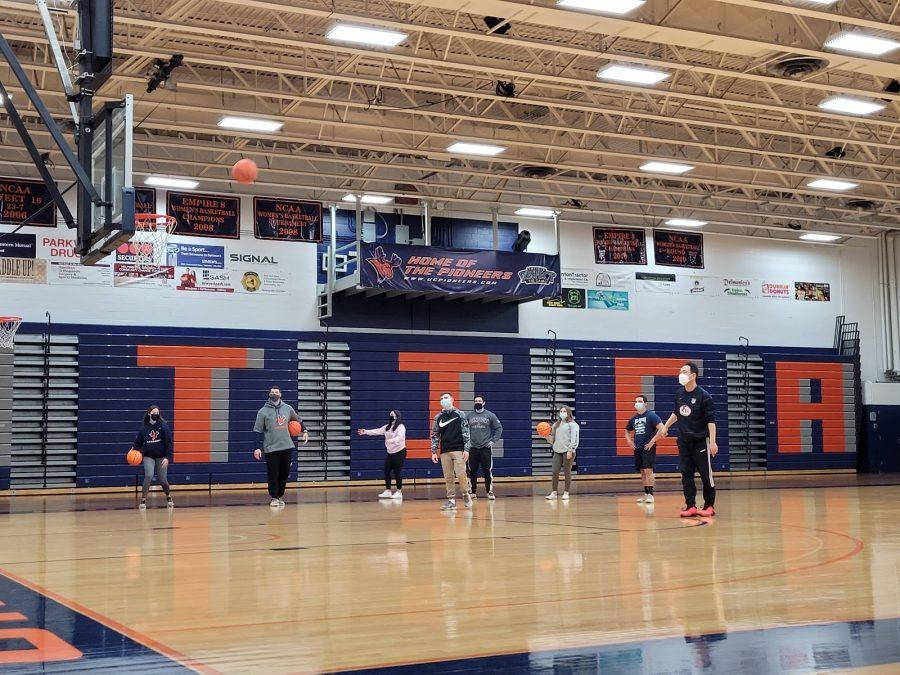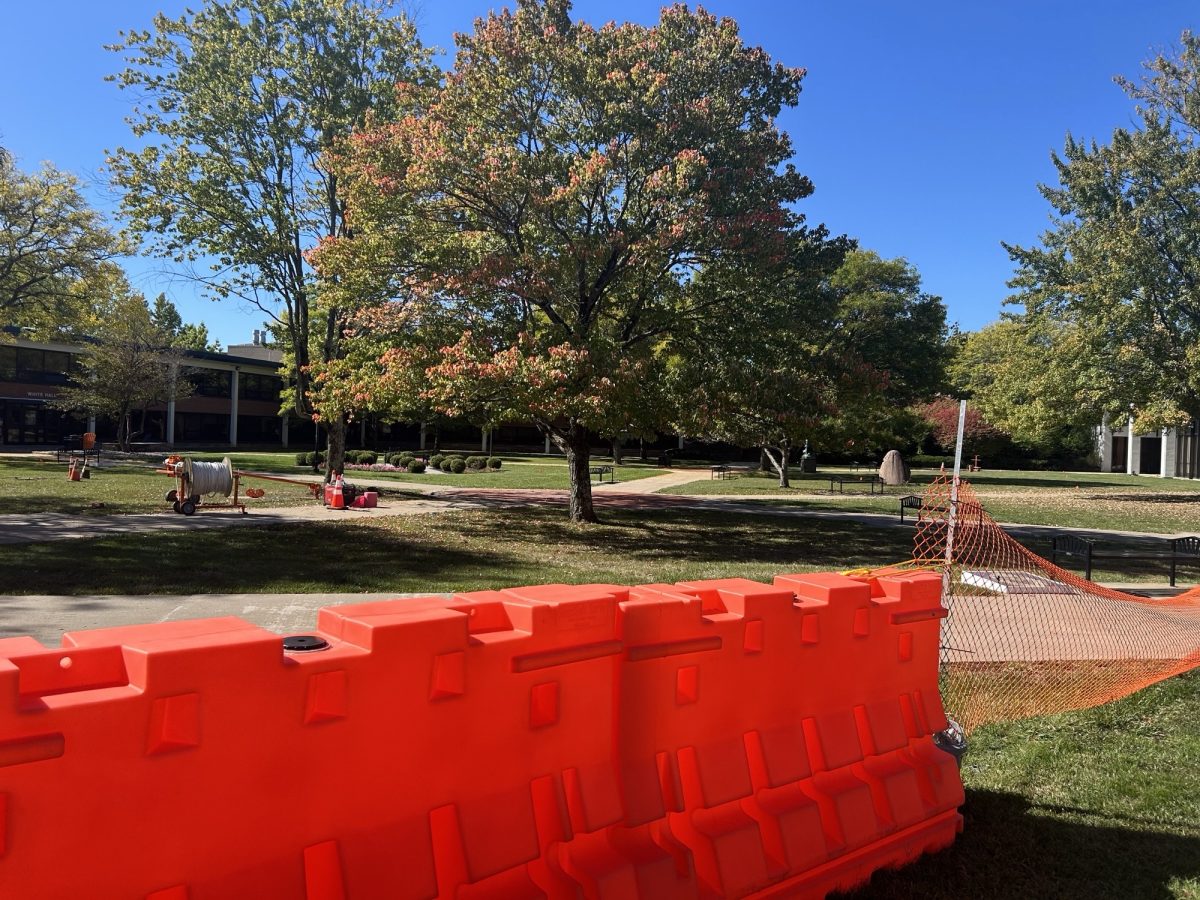The COVID-19 pandemic has presented the Wellness and Adventure Education program with many changes, which were made at large across all aspects of the college to help the school deliver a quality educational experience for online and on-ground students.
The large number of students who are studying remotely impacted the formulation of the new and improved wellness and adventure class setup. Timothy Abraham, an assistant professor of wellness and adventure education, explained that the department went through multiple trial and error phases until they finally concluded with their current system.
- Slashed SGA budget sparks student frustration at recent meeting
- Editorial: Your campus, your voice – How to reach us when you want to speak out and how we make editorial decisions
- Op-Ed: Why Black student perspectives matter in campus reporting
- Conservative activist Charlie Kirk’s death shocks Utica University students
- Op-Ed: Utica student looks to start new multi-faith discussion group on campus
“Many physical education programs are leaning into new and exciting ways of thinking about instruction,” according to an article from KTLA News online.
Upon observation of his class, the setup for the students was quite different from that of a conventional classroom.

“The classroom setup for this does not work,” said Abraham, in response to the initial class setup for the program. “Mike [Roberts from IITS] came out to see our class and said, ‘Oh, now I get why this doesn’t work.’”
The typical classroom set up for this particular major was either in a regular classroom or outside. Because of the pandemic, many changes in IITS have taken place. The program is a prime example of how IITS has paired up with various departments at Utica College to deliver a better learning experience.
“We have students that are remote that can’t come out and we came up with this cart,” Abraham said. “This is Cart 2.0 with a mobile tripod with an iPad so we have cameras from two different angles. The teacher has a microphone that can reach the end of the gym so that the online students can hear them like they are right next to them. For outside, we got an iPad with a data plan so that the students can still see what is going on.”
The addition of the microphone that the teacher wears around their neck enables the online students to have clear sound quality during class. Additionally, there is a speaker that enables online students to participate during class causing the overall experience to be more enjoyable.
“When we first started we said well, let’s build a mobile classroom,” said Mike Roberts, interim director of technology. “Then we made some changes with the microphone mostly, but also with the addition of the iPad.”

An IITS assistant joins every class to work at the portable cart shown above to make sure the students that join via zoom are able to hear and see what is going on in the gym. The assistant will later move to an iPad that is also connected to the Zoom and allows for the online students to observe to a fuller extent what is going on and in return, participate.
Prior to IITS’s involvement, Abraham used a Bluetooth earbud that allowed the online students to participate but it made it difficult for the in-person students to engage in the same conversation that the online students were in.
“In comparison to other classes we have only had one paper and one test due,” Junior Katherine Migliori said. “I think this class could be more effective but it is the professor’s first time so he is just working out the kinks.”
Because of the relatively new learning conditions caused by the pandemic, students have had to be flexible and understanding but overall, the program seems to have adapted well.
“This is a good thing, I don’t see it going away any time soon,” Roberts said. “In the classroom, it was more cut and dry but here, we added the microphone and iPad. The changes [made] just kind of took on its own form, in a good way, and the problems we solved helped get us where we are.”







































































































































